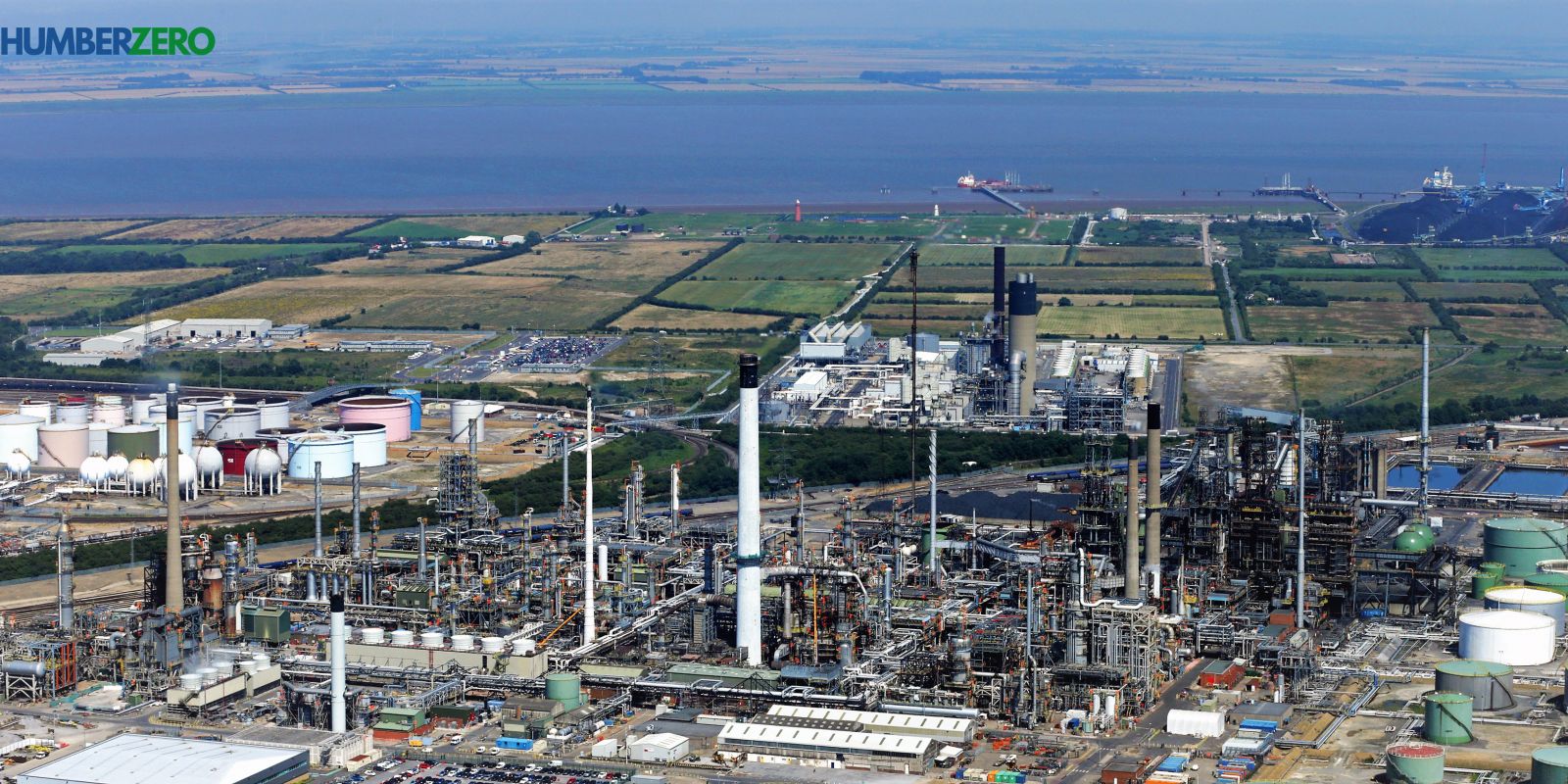Humber Zero is a large scale decarbonisation project backed by world scale partners to remove up to eight million tonnes per annum of CO2 from the Immingham industrial site by 2030. It incorporates a cluster of energy-intensive industries that lie 1km from the coastline on the south bank of the Humber, close to offshore gas storage fields, and sitting along a key pipeline route identified by National Grid to connect and decarbonise other key industry, and is an ideal gateway project for large-scale decarbonisation in the wider region.
The UK has committed to reducing carbon emissions to net zero by 2050 which can only be achieved by decarbonising existing industry effectively. Energy intensive industries account for more than 20% of the Humber’s economy and 1 in 10 jobs. Humber Zero is led by three large-scale investment partners with internal operating experience; Vitol – a global energy and commodities company; VPI Immingham – a combined heat and power plant in the southern Humber; and Phillips 66 – who own and operates 25% of UK’s oil refining capacity.
Humber Zero puts northern Lincolnshire at the heart of the green energy revolution and was awarded £12.5m from UK Research and Innovation (UKRI) in March, with that investment equally matched by Phillips 66, and Vitol’s neighbouring VPI heat and power plant.
It will capture and safely store up to eight million tonnes of CO2 per annum by 2030. The Humber produces 40% of the nation’s industrial carbon emissions and decarbonisation will involve large-scale investment to ensure the Humber Refinery will continue to play a significant role in the Humber and UK economy for many years to come.
The FEED stage is expected to be completed by 2023 and in a further phase, the project aims to produce hydrogen at commercial scale allowing fuel switching, from natural gas to hydrogen, to fully decarbonise the Immingham industrial site.
A roadmap developed for Humber Zero envisages the Immingham industrial cluster will become a carbon capture and hydrogen hub, providing cost effective, decarbonised energy supply and storage opportunities to industry and the National Grid. Carbon capture and storage (CCS) is one of the components of the ten point plan for the Government’s Green Industrial Revolution, announced in November 2020.
By transforming into a refinery of the future, producing lower carbon fuels and speciality coke used in electric vehicle batteries, puts Humber Zero at the forefront of the Government’s Green Industrial Revolution strategy. Humber Zero is expected to create 2,500 construction jobs, 200 permanent roles and safeguard thousands of jobs in the region’s industrial sector.


